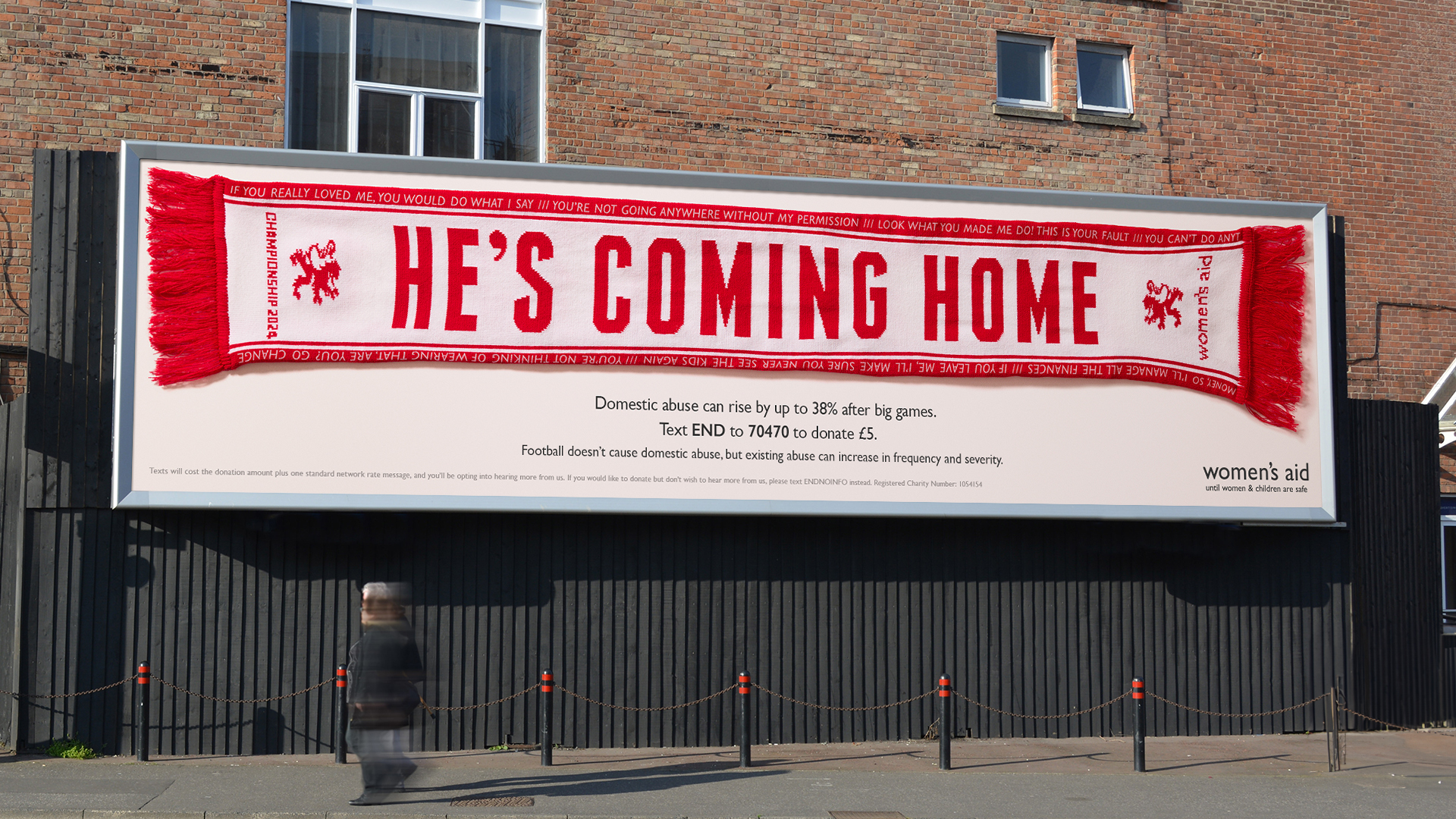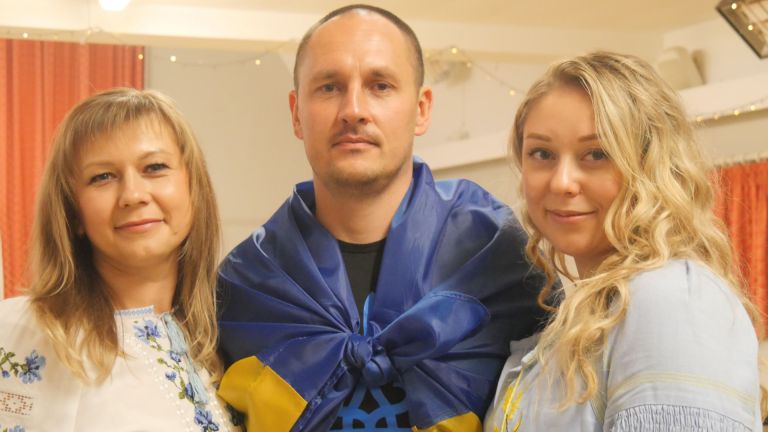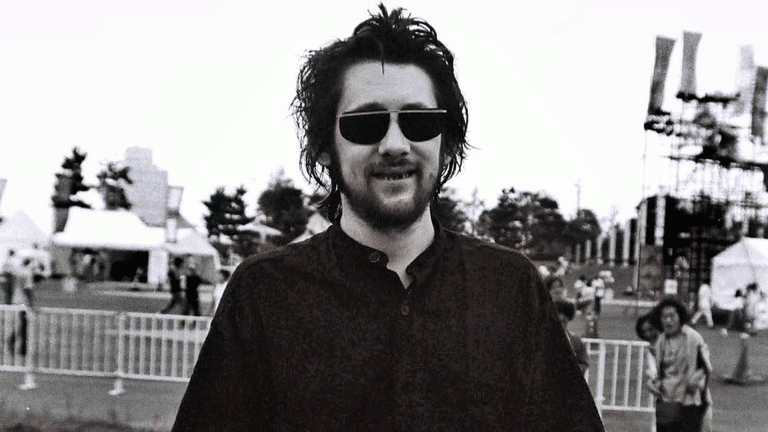For many of us the Euros this year mean will summer evenings watching games on the big screen with our friends, holding on to hope and enjoying the excitement of the tournament. However, for those living in fear of domestic abuse at home, the reality of a major football tournament is that it is a time where existing abuse can get worse.
While we know that football does not cause domestic abuse, major championships can make existing abuse more frequent or severe. A study by Lancaster University showed reports of domestic abuse increased by 38% when England lost a match and 26% when they won or drew.
We need more research to better understand the link between domestic abuse and football, but generally, it is thought that the higher consumption of alcohol during this time, as well as the heightened emotions and potentially the social dynamics of some large groups of men in groups supporting the men’s game and acceptance of so called “laddish behaviour” (which can include sexism), can contribute to the rise in cases.
- Male domestic abuse survivor who almost ‘gave up’ wants others to know help is out there
- ‘There was no way out’: Survivors of domestic abuse forced to stay with abusers or face destitution
While these might be catalysts, it’s also important to acknowledge that many people watch football, drink alcohol and spend time with big groups of their friends and would never be abusive – the only person responsible for abuse in a relationship is the abuser.
Domestic abuse happens everyday across our society – one in four women will be affected by it at some point in their lives, and at least one woman a week is killed by a current or former partner. Despite how prevalent it is, domestic abuse is thought of as a ‘hidden’ crime, as it predominantly happens inside the home.
This year, to coincide with the Euros, and with the brilliant people at House 337, we have launched our ‘No More Years of Hurt’ campaign to raise awareness of domestic abuse during this crucial time, so that survivors know where they can turn to for help and so that the public knows how they can support charities like Women’s Aid.










